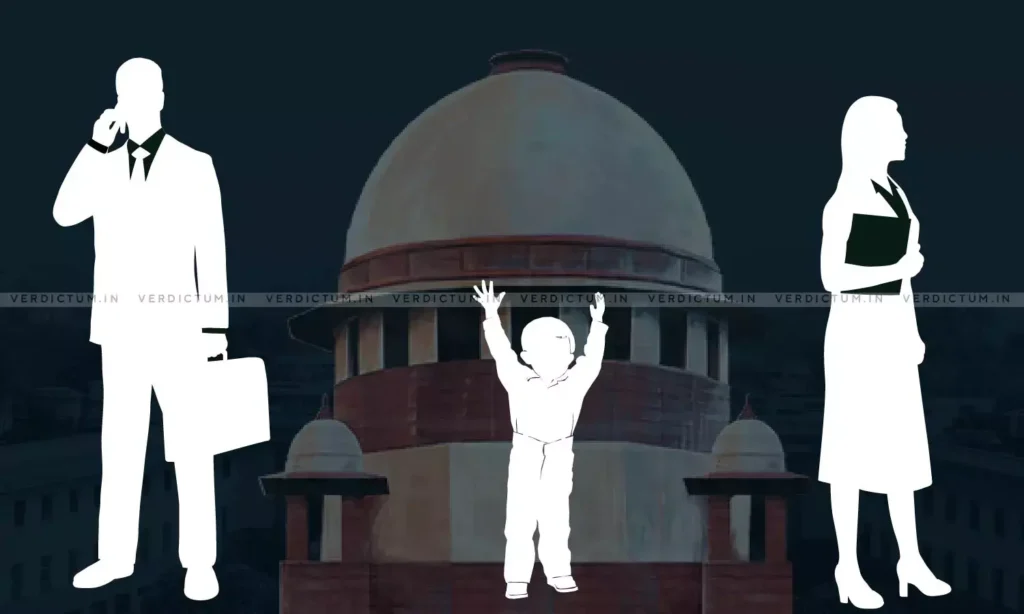
“In all civil proceedings concerning minors, in cases where their hearing is mandatory or ordered by the court, the hearing of minors by the judge in the presence of the DGASPC psychologist can only take place as the final stage of the judicial inquiry, meaning only after all other evidence in the case has been presented.”
“The hearing of the minor before the administration of other evidence, such as witness testimonies, interrogatories, expert opinions, etc., is considered null and void.”
“The judge does not have the freedom to choose to hear the minor before the completion of the administration of other evidence; they are required to carry out this procedure only at the end of the judicial inquiry. After the stage of hearing the minor, no further evidence can be presented. Otherwise, the sanction of nullity, as provided by Article 185, paragraph (2) of the Civil Procedure Code, in conjunction with Article 176, point 6 of the Civil Procedure Code, will apply.”
“Thus, Article 1403, paragraph (5) of Law No. 272/2004 on the protection and promotion of children’s rights, as amended by Law No. 123/2024, stipulates that: ‘The hearing of minors in judicial proceedings must necessarily take place after the administration of the evidence in the case, as the final stage of the judicial inquiry. The opinion of the minor has the evidentiary value of a relative presumption.'”
“More details in the specialty article written by Mrs. Cristina Cuibuș, Senior Partner at SCA Trifan, Cuibuș, Bălan, for Juridice.ro:”



